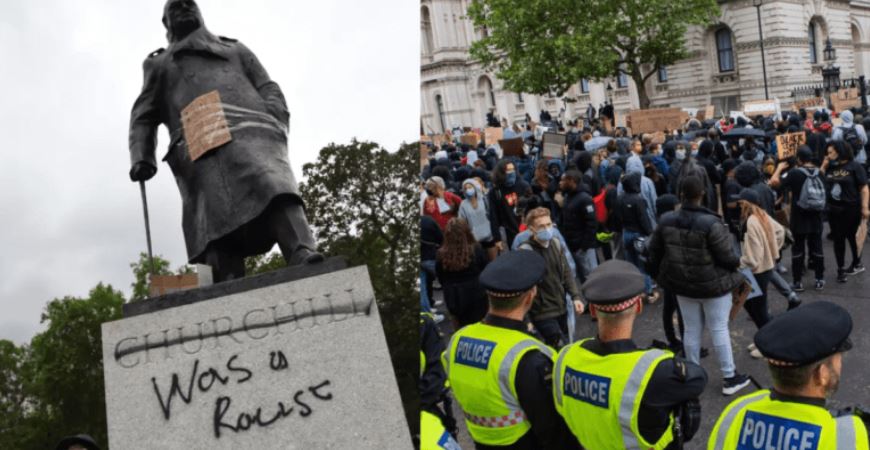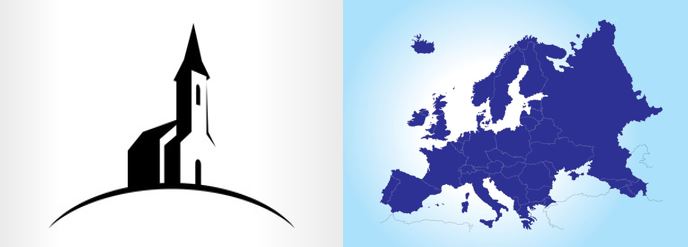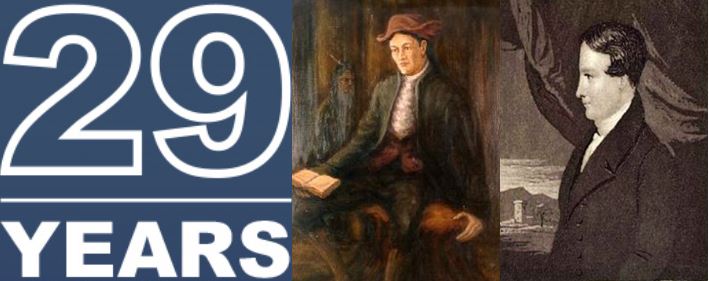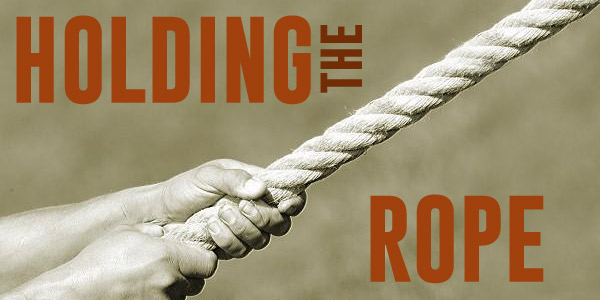“I joyed when to the
house of God’” (Psalm 122:1)
As the world attempts to come to grips with the Coronavirus pandemic, a new term has thrust itself into our vernacular. “Social distancing” – the maintaining of a physical distance between people and the refraining from gathering together in groups – has become commonplace throughout the world in a way that few could have predicted. Word(s) of the Year, referring to the most important word(s) or expressions(s) in the public sphere during the course of a year, have in recent times boasted such selections as “selfie” in 2013 and “fake news” in 2017, with social distancing no doubt a likely contender in 2020.
Social distancing, however, is by no means a new concept. Almost 700 years ago the Bubonic Plague, or Black Death as it later came to be known, originated in China and spread west along trading routes, eventually arriving in the British Isles in June, 1348. As the overwhelmed doctors and health workers fought against this devastating outbreak, the implementation of some of the world’s first anti-contagion measures were put in place, foreshadowing today’s social distancing practices.
Continue reading “Virtual Church” →










